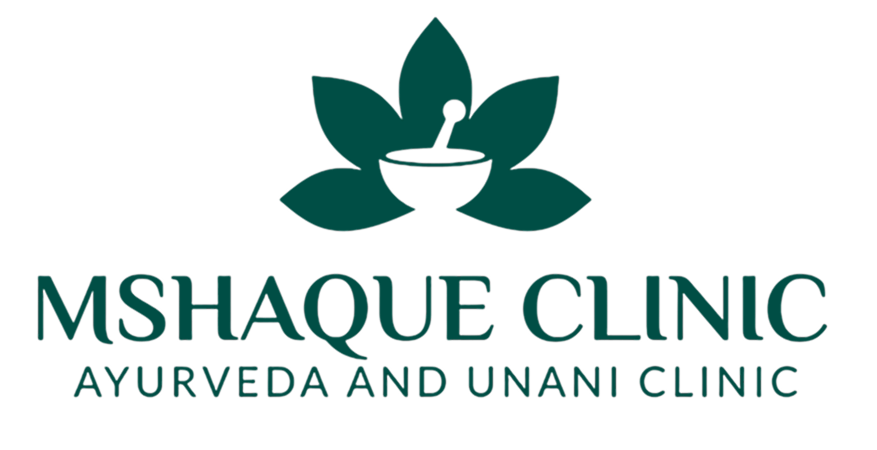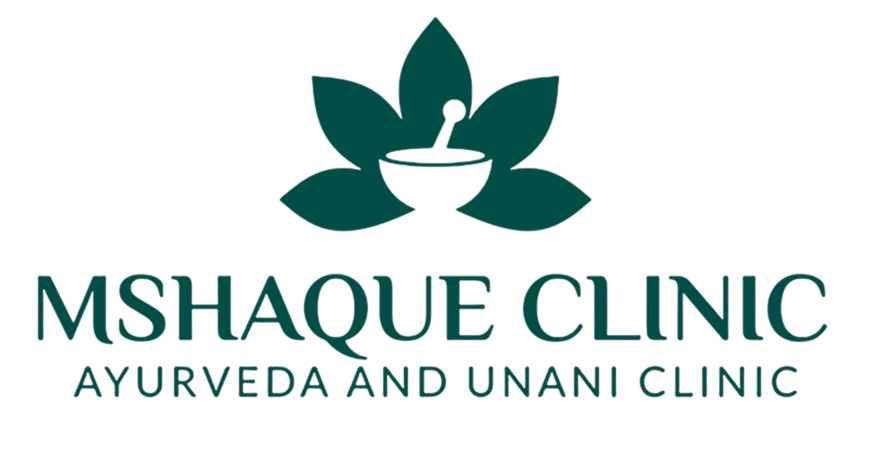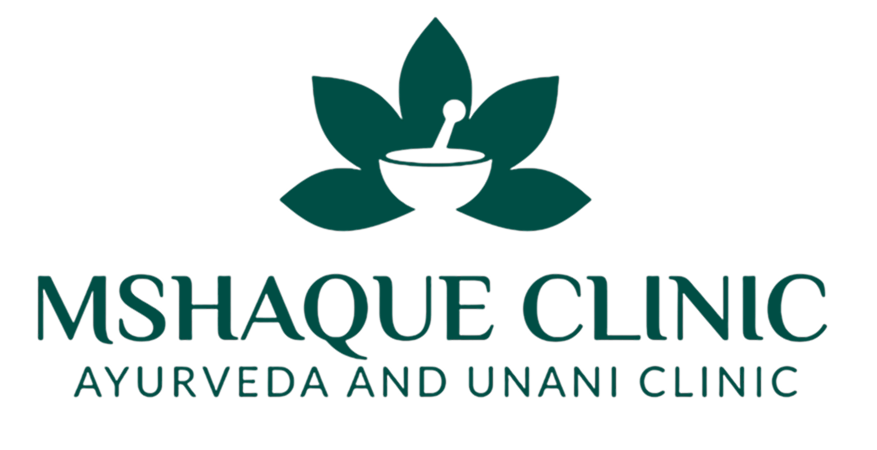Diet For Cataract Patient: Cataracts, a common age-related eye condition, can significantly impact vision and quality of life. While cataract surgery is an effective treatment option, adopting a nutrient-rich diet can also play a key part in supporting eye health and potentially decelerating the progression of cataracts. In this comprehensive article, we will delve into the significance of a balanced diet for cataract patient specifically acclimated for visionary cases. By understanding the part of nutrition in helping and managing cataracts, you can take an innovative way to promote optimal eye health and overall well-being.
Understanding The Role Of Diet for Cataract Patient: Prevention And Management
Proper nutrition plays a vital role in preventing and managing cataracts. Adopting a balanced diet for cataract patient rich in essential nutrients can support their overall eye health and potentially slow the progression of cataracts.
Cataracts occur when the proteins in the eye’s lens start to clump together, resulting in a clouding effect that impairs vision. While aging is a primary factor contributing to cataract development, lifestyle choices, including dietary habits, can also influence the condition. Consuming a nutrient-rich diet can help combat oxidative stress and minimize the damage caused by free radicals, which are known to contribute to the development of cataracts.
Antioxidants, vitamins, and minerals in specific foods can protect delicate eye tissues, neutralize free radicals, and support the eyes’ overall health. By incorporating these beneficial nutrients into the diet, individuals can reduce the risk of cataract formation and maintain clearer vision for longer.
At Mshaque Clinic, our Ayurvedic specialists understand the intricate connection between nutrition and eye health. They assess each patient’s unique needs through personalized consultations and recommend dietary modifications tailored to their requirements. By adopting an Ayurvedic approach to nutrition, individuals can nourish their vision and enhance their overall well-being.
Now it must be on our mind what foods dissolve cataracts and how to dissolve cataracts naturally—many more nutrition-related questions. Let us know about the essential nutrients or diet for cataracts.
Essential Nutrients for Cataract Patients
- Vitamin C:
Foods rich in vitamin C, such as citrus fruits, strawberries, bell peppers, and broccoli, can help strengthen the immune system and promote healthy eye tissues. Our Ayurvedic specialists at Mshaque Clinic can provide personalized guidance on incorporating vitamin C-rich foods into your diet and recommend supplements that complement your nutritional needs.
- Vitamin E:
Vitamin E, found in nuts, seeds, spinach, and fortified cereals, is another powerful antioxidant that can help reduce the risk of cataract development. Our experts can guide you on incorporating the best fruits and vegetables for cataract and Ayurvedic practices into your daily routine to support eye health and overall well-being.
- Lutein and Zeaxanthin:
Leafy green vegetables like spinach, kale, and collard greens contain high levels of lutein and zeaxanthin. These antioxidants accumulate in the retina and lens, helping to filter harmful blue light and protect against oxidative damage. At Mshaque Clinic, we can provide personalized Ayurvedic recommendations to ensure you incorporate these vital nutrients into your diet. Our experts can guide you on incorporating the Diet For Cataract Patient and Ayurvedic practices into your daily routine to support eye health and overall well-being.
- Omega-3 Fatty Acids:
Cold-water fatty fish, such as salmon, mackerel, and sardines, are rich in omega-3 fatty acids. These healthy fats have been linked to a lower risk of developing cataracts and can also support overall eye health. Our Ayurvedic specialists can guide you on incorporating omega-3 fatty acid-rich foods and Ayurvedic exercise for cataract patient to follow up in your daily routine.
Our Other Articles :
Yoga For White Discharge- All You Need To Know
Blood Purifier Herbs In Ayurveda- All You Need To Know
Ayurvedic Medicine For Improving Egg Quality- All You Need To Know
Ayurvedic Medicine For Diarrhea- All You Need To Know
Thalassemia Treatment In Ayurveda- All You Need To Know
Ringworm Ayurvedic Treatment- All You Need To Know
Ayurvedic Medicine For Autoimmune Disease- All You Need To Know
Ayurvedic Medicine For Vitamin D Deficiency- All You Need To Know
Foods to Avoid for Cataract Patients
When it comes to supporting eye health and managing cataracts, it is equally essential to be mindful of how to prevent cataracts from getting worse. Here are some foods to avoid with cataracts:
- High-Sugar Foods:
Consuming excessive sugary foods and beverages can contribute to inflammation and oxidative stress. This can negatively impact eye health and potentially accelerate cataract formation. Limit your consumption of sweet desserts, sodas, candies, and snacks. Our experts can guide you on incorporating the Diet For Cataract Patient and Ayurvedic practices into your daily routine to support eye health and overall well-being.
- Processed and Fried Foods:
Processed and fried foods often contain unhealthy fats and high levels of sodium. These foods can contribute to inflammation and may increase the risk of cataracts. Avoid fast food, packaged snacks, deep-fried items, and processed meats. Our experts can guide you on incorporating the Diet For Cataract Patient and Ayurvedic practices into your daily routine to support eye health and overall well-being.
- Saturated and Trans Fats:
Foods high in saturated and trans fats can increase the risk of chronic diseases, including those affecting eye health. Limit your consumption of fatty meats, full-fat dairy products, butter, margarine, and commercially baked goods.
- Excessive Alcohol Consumption:
Alcohol, when consumed in excess, can contribute to oxidative stress and inflammation throughout the body, including the eyes. Limit alcohol consumption and opt for healthier alternatives such as herbal teas or infused water.
- Caffeinated Beverages:
While moderate caffeine consumption is generally safe, excessive caffeinated beverages like coffee and energy drinks may lead to dehydration. Proper hydration is essential for optimal eye health, so it is advisable to limit caffeinated beverage consumption. Our experts can guide you on incorporating the Diet For Cataract Patient and Ayurvedic practices into your daily routine to support eye health and overall well-being.
By being mindful of these foods that cause cataracts and make them worse. It is always beneficial to consult with our Ayurvedic specialists at Mshaque Clinic for personalized dietary guidance tailored to your needs.
Post-Cataract Surgery Diet
A post-diet after cataract surgery should focus on consuming nutrient-rich foods known for their healing properties. Incorporate fruits and vegetables high in antioxidants, minerals, and vitamin required for maintaining good eyesight, reducing inflammation, and promoting tissue repair. Lean proteins like fish, poultry, and legumes aid healing, while whole grains provide fiber and essential nutrients. Healthy fats from sources like avocados and nuts support eye health with their anti-inflammatory properties.
It is crucial to stay hydrated by drinking adequate water throughout the day. Avoid spicy foods, excessively hot or cold foods, alcohol, caffeine, and sodium-rich foods that may hinder healing or cause discomfort. After the survey, it is very important to know about the diet and precision for the cataract, so it is important to know health education for cataract patient.
At Mshaque Clinic, our Ayurvedic specialists offer personalized guidance on the post-cataract surgery diet to meet your needs. Following a well-balanced and nutrient-rich diet can support healing, minimize complications, and promote optimal eye health following cataract surgery. Contact Mshaque Clinic for expert support in your post-cataract surgery journey and embrace a nourishing diet for long-lasting eye health.
Conclusion
In conclusion, adopting a nutrient-rich diet is essential to promoting optimal eye health and managing cataracts. By incorporating foods rich in vitamins, antioxidants, and essential nutrients, you can support your vision and potentially slow the progression of cataracts. At Mshaque Clinic, our Ayurvedic specialists, Dr. M. S. Haque and Dr. A. Perwaiz emphasize the holistic approach of Ayurveda in nourishing vision and overall well-being.
Through personalized guidance and Ayurvedic recommendations, our experts can help you create a dietary plan that suits your specific needs and supports your eye health goals. We believe in the power of Ayurveda, an ancient healing system that emphasizes the importance of nourishing the body from within to promote overall wellness.
Take charge of your eye health with Ayurveda. Contact Mshaque Clinic today to schedule a consultation with our experienced Ayurvedic specialists. Discover personalized guidance on a nutrient-rich diet for nourishing your vision. Experience the transformative power of Ayurveda in enhancing your eye health and overall well-being. Take the first step now!
FAQs
What diet is good for cataract?
A nutrient-rich diet with foods high in vitamins, antioxidants, and essential nutrients supports eye health and can help manage cataracts.
What foods should be avoided with cataracts?
Avoid high-sugar foods, processed/fried foods, saturated/trans fats, and excessive alcohol, and limit caffeine consumption for better cataract management.
What vegetable is good for cataracts?
Include vegetables like carrots, leafy greens, broccoli, and bell peppers in your diet, as they are rich in nutrients beneficial for eye health.
Which fruit is good after cataract surgery?
Fruits like oranges, berries, and kiwi are packed with vitamins and antioxidants that aid in healing after cataract surgery.




